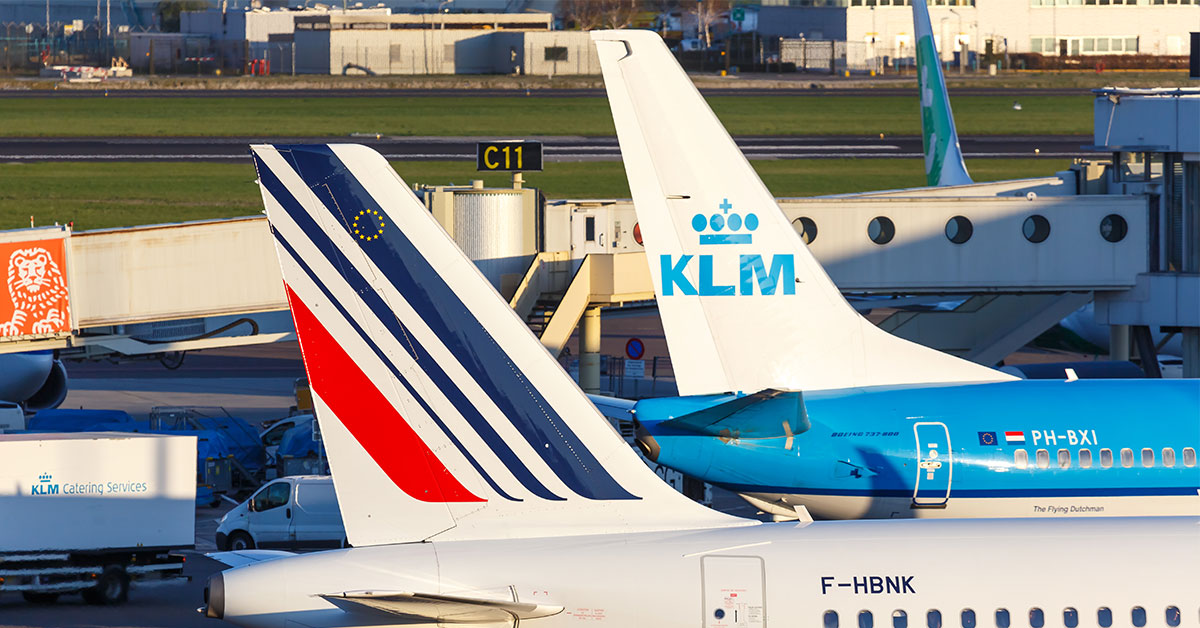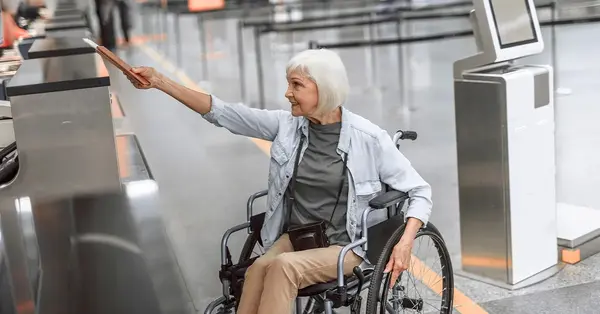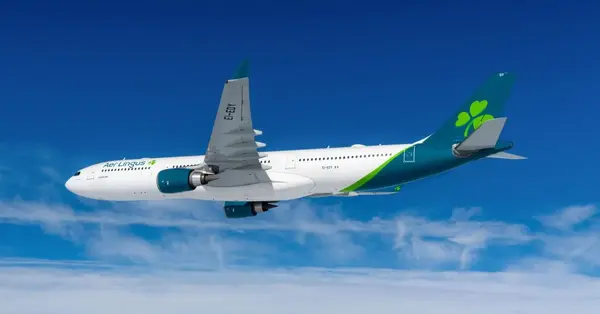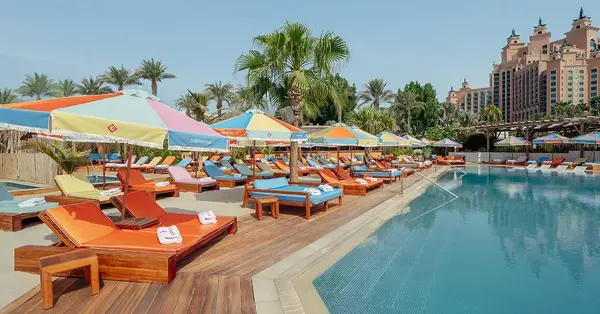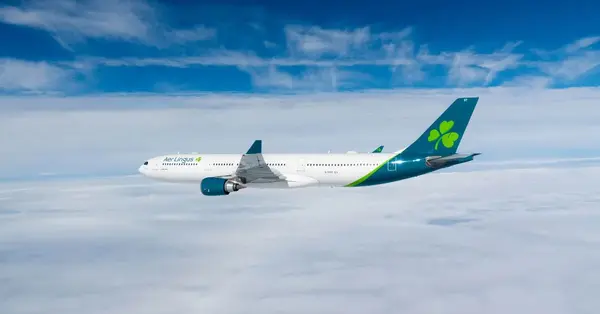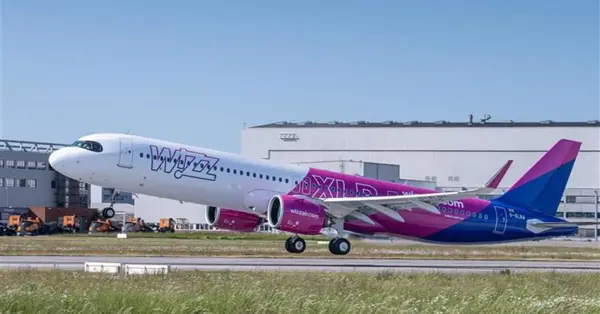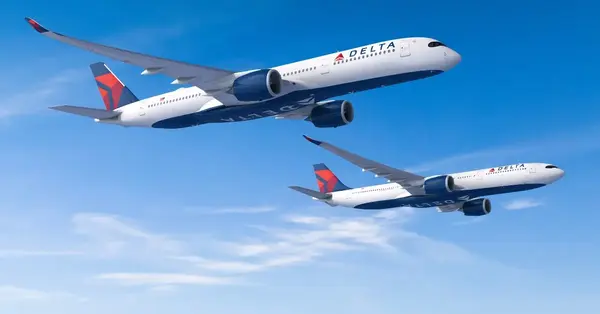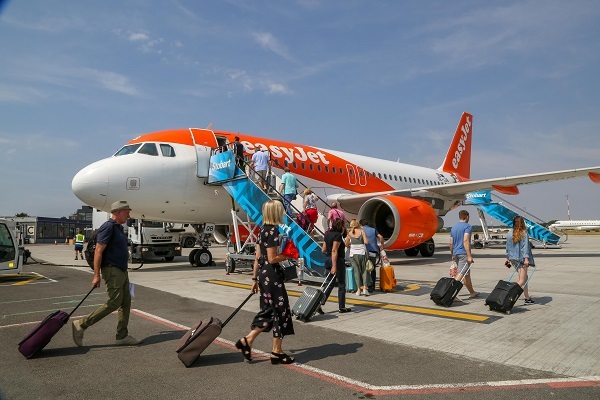You are viewing 1 of your 2 free articles
Air France-KLM secures 10 year supply of SAF
Air France-KLM has agreed to a supply of up to 1.5 million tons of more sustainable aviation fuel (SAF) over a 10-year period until 2035.
The deal with suppler TotalEnergies for an undisclosed sum is claimed to be one the largest SAF purchase contracts signed by the European airline group to date.
It came the same day that British Airways has signed a deal to purchase more than £9 million worth of carbon removal credits over six years.
Air France-KLM says it was the world’s leading SAF user last year and in 2022, representing 17% and 16% of total global production respectively.
The new contract builds on a memorandum of understanding (MoU) signed in 2002 for the supply of 800,000 tons of SAF.
“By re-evaluating this agreement today, the two groups are reaffirming their objective to curb the environmental impact of the air transport sector as quickly as possible by reducing CO2 emissions,” a statement said.
Air France-KLM aims to reduce its CO2 emissions per passenger/km by 30% by 2030 compared with 2019 levels.
The group aims to achieve this goal through a combination of fleet renewal, operational measures and the incorporation of at least 10% of more SAF on all its flights – targets that go beyond regulatory obligations.
The SAF supplied to Air France-KLM will be made from waste and residues from the circular economy.
Air France-KLM has implemented a strict sourcing policy, purchasing only second-generation SAF that does not compete with global food production.
Chief executive Benjamin Smith said: “Securing the volumes of more sustainable aviation fuel needed to decarbonise our activity is a major challenge.
“This agreement with TotalEnergies is a further step in this direction, and a testament to our long-standing support for the development of SAF production in France and Europe.
“A solid SAF sector capable of meeting our industry’s needs is a key factor in Europe’ sovereignty and energy independence.”
TotalEnergies chief executive Patrick Pouyanne added: “SAF contributes both to the energy transition of our customers in the aviation sector and to the industrial transition of our refineries. It therefore represents a real ‘win-win’ for the future of industry and aviation.
“For the past 10 years, we have been pioneers in the field, investing in bio-refineries and SAF production facilities in France as well as developing co-processing technologies in our refineries. Building on these industrial successes, we intend to continue this momentum in Europe and worldwide.”

